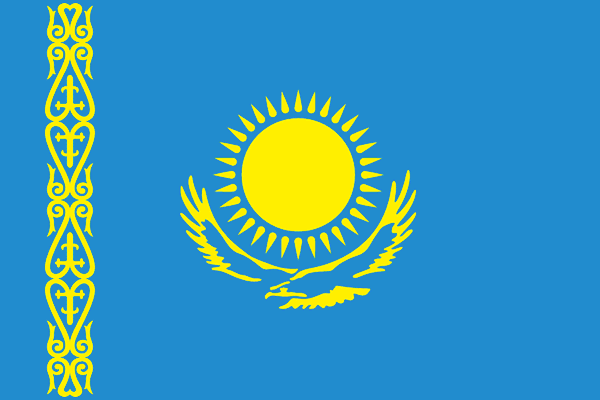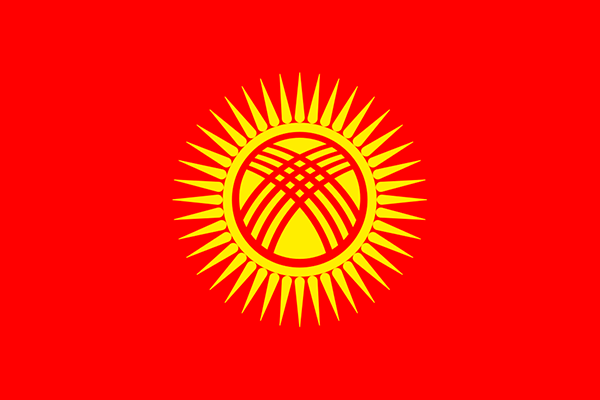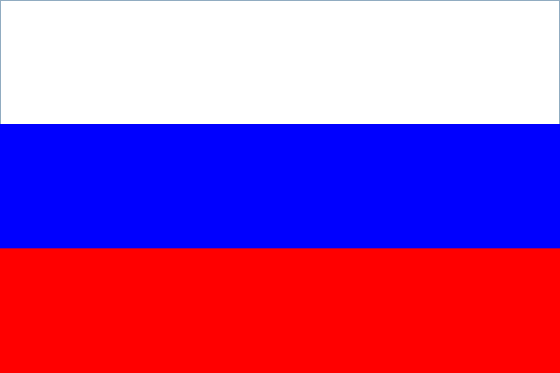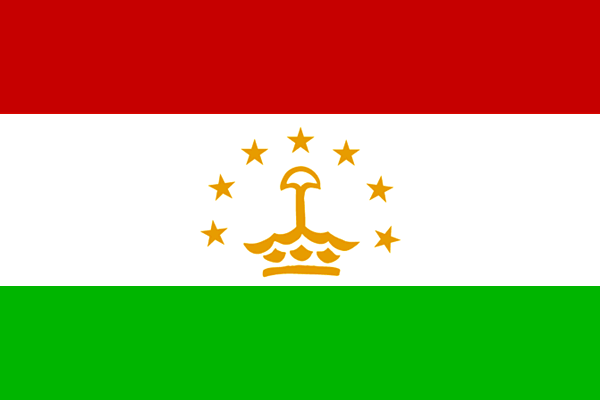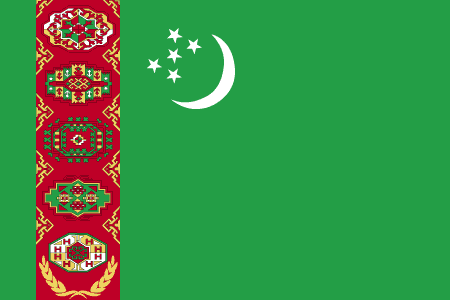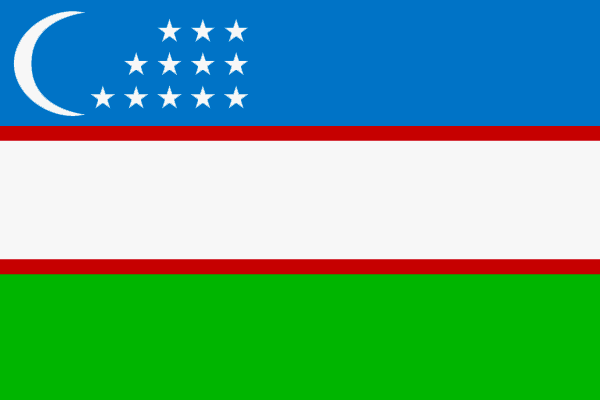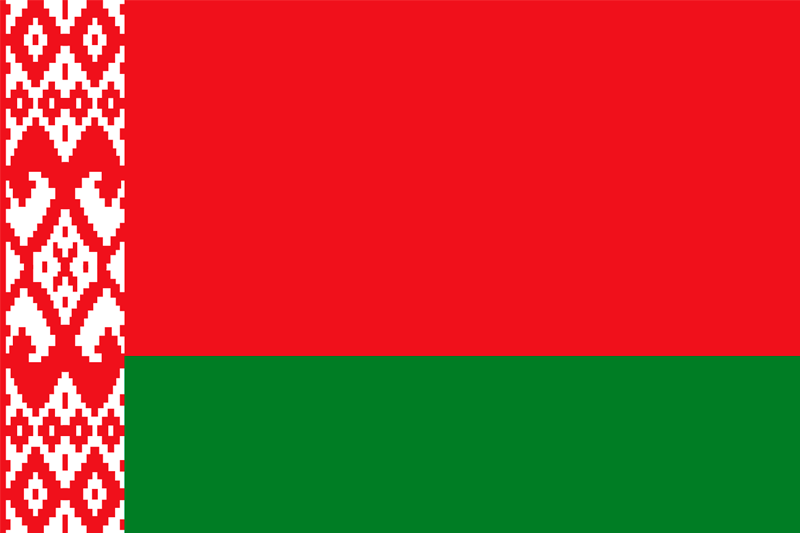
Republic of Belarus
Legal system
The legal system of Belarus belongs to the so-called Roman-Germanic Law Family. The main source of law in Belarus are regulatory legal acts. The Constitution has the highest legal force among legislative acts.
Judicial power in Belarus is exercised by the general and economic courts and the Supreme Court. The activity of the judicial system is regulated by the Code of the Republic of Belarus on judicial organization and status of judges and other regulatory legal acts.
Economy and financial sector
Export-oriented state with developed industry, service sector and agriculture. Belarus follows the model of socially oriented market economy.
The financial sector of the Republic of Belarus is represented by the following types of organizations: banks, non-banking financial institutions, JSC "Development Bank of the Republic of Belarus", leasing organizations, microfinance organizations, forex companies, National Forex Center, professional securities market participants, insurance organizations and brokers, postal operators, and commodity exchanges. As of September 09, 2020, 24 commercial banks, 3 non-bank credit and financial institutions, 111 leasing companies, 82 microfinance organizations and 18 forex companies are operating in the Republic.
Financial Intelligence Unit
The financial monitoring body authorized in accordance with the legislation of the Republic of Belarus to conduct AML/CFT activities is the Financial Monitoring Department of the State Control Committee of the Republic of Belarus.
The activity of the Financial Monitoring Department is connected with taking AML/CFT measures; accounting, processing and analysis of information on financial operations subject to special control; international cooperation on AML/CFT issues.
The Financial Monitoring Department represents Belarus' interests in the EAG.
The Director of the Financial Monitoring Department of the State Control Committee of the Republic of Belarus is Mr. Dmitry Zakharov.
Agencies involved in the AML/CFT system
In accordance with Article 16 of Law No. 165-З of June 30, 2014, control over the activities of persons engaged in financial transactions in the field of AML/CFT/CPF is executed by: National Bank, Ministry of Finance, Ministry of Justice, Ministry of Communications and Informatization, Ministry of Taxes and Duties, Ministry of Antimonopoly Regulation and Trade, and State Property Committee.
The accurate and uniform administration of the AML/CFT/ CPF legislation is supervised by the General Prosecutor of the Republic of Belarus and his subordinate prosecutors.
Law enforcement agencies of the Republic of Belarus involved in countering money laundering and terrorist financing:
- State Border Committee of the Republic of Belarus;
- State Customs Committee of the Republic of Belarus;
- Financial Investigations Department of the State Control Committee of the Republic of Belarus;
- State Security Committee of the Republic of Belarus;
- Ministry of Internal Affairs of the Republic of Belarus;
- Operational and Analytical Center under the President of the Republic of Belarus;
- Investigative Committee of the Republic of Belarus.
Legal framework
- Law of the Republic of Belarus of May 8, 2007 No. 220-З "On Prosecutor's Office of the Republic of Belarus";
- Law of the Republic of Belarus of July 1, 2010 No. 142-З "On the State Control Committee of the Republic of Belarus and its Local Agencies";
- Law of the Republic of Belarus of July 16, 2008 No. 414-З "On Financial Investigations Agencies of the State Control Committee of the Republic of Belarus";
- Law of the Republic of Belarus of July 13, 2012 No. 403-З "On the Investigative Committee of the Republic of Belarus";
- Law of the Republic of Belarus of July 17, 2007 No. 263-З "On Internal Affairs Agencies of the Republic of Belarus";
- Law of the Republic of Belarus of July 10, 2012 No. 390-З "On State Security Agencies of the Republic of Belarus";
- Law of the Republic of Belarus of November 11, 2008 No. 454-З "On Border Service Agencies of the Republic of Belarus";
- Law of the Republic of Belarus of January 10, 2014 No. 129-З "On Customs Regulation in the Republic of Belarus".
The official publication of regulatory legal acts is carried out on the National Legal Internet Portal of the Republic of Belarus.
Official Internet resource containing regulatory legal acts: Information retrieval system (IRS) "ETALON-ONLINE".
As part of improving the effectiveness of the national AML/CFT system in 2014 the Law of the Republic of Belarus of June 30, 2014 "On Measures to Prevent Money Laundering, Financing Terrorist Activities and Financing the Proliferation of Weapons of Mass Destruction" (hereinafter referred to as Law No. 165-З of June 30, 2014) was adopted in a new version.
The AML/CFT regulatory and legal framework of the Republic of Belarus also includes:
- Law of the Republic of Belarus of January 3, 2002 No. 77-З "On Combating Terrorism";
- Criminal Code of the Republic of Belarus of July 9, 1999 No. 275-З;
- Criminal Procedure Code of the Republic of Belarus of December 15, 1998 No. 219-З. № 219-З;
- Civil Code of the Republic of Belarus of December 7, 1998 No. 218-З;
- Code of Administrative Offences of the Republic of Belarus of January 6, 2021 No. 91-З;
- Bank Code of the Republic of Belarus of October 25, 2000 No. 441-З.
International cooperation
Member and founder of the UN and CIS, Collective Security Treaty Organization (CSTO), Eurasian Economic Commission (EEC), as well as a member of other international organizations. In 2004, Belarus became one of the founding states of the Eurasian Group on Combating Money Laundering and Financing of Terrorism (EAG), and in 2012 – of the Council of Heads of Financial Intelligence Units of the Commonwealth of Independent States (Council of HoFIU CIS).

 Login to your account
Login to your account Eng
Eng Рус
Рус
